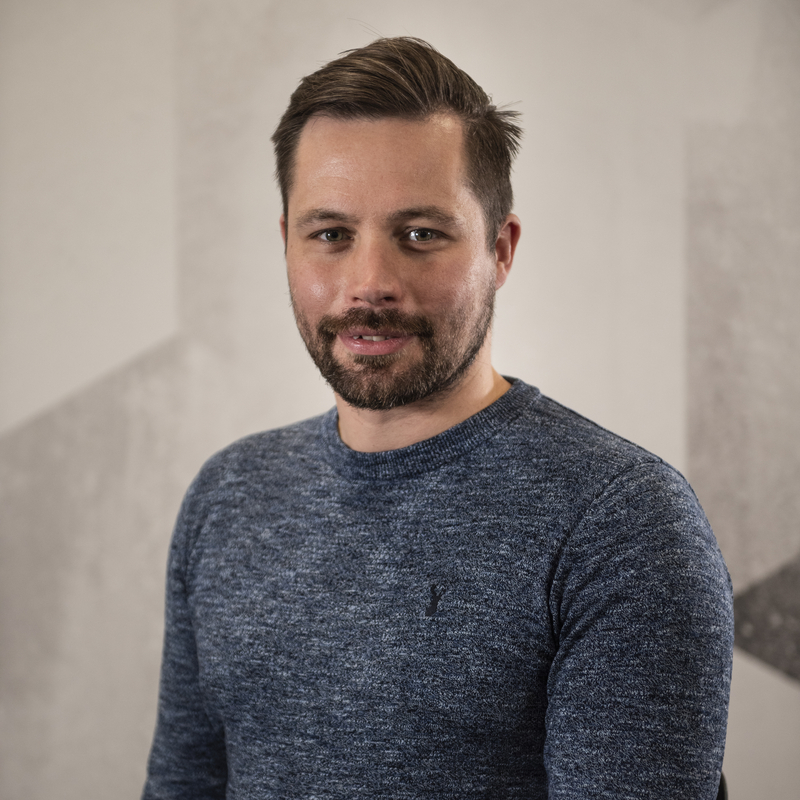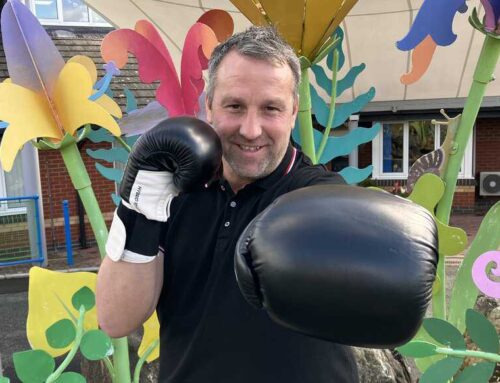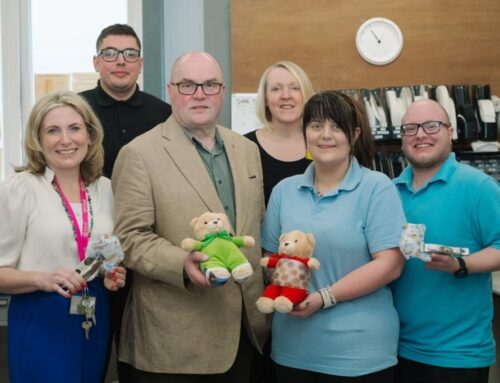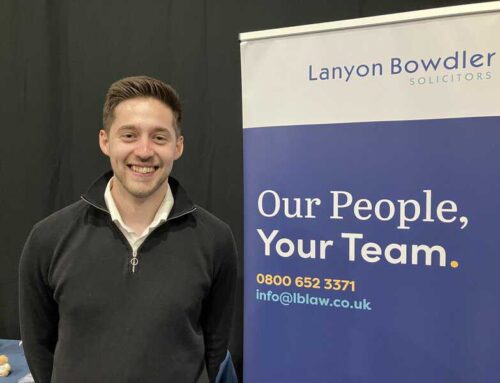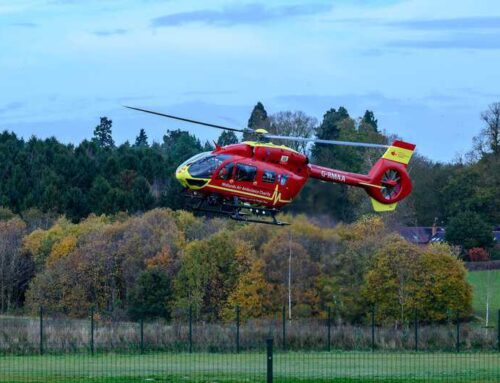A lecturer has returned to his home town to launch a brand new health course at Glyndwr University.
Rob Evans has joined Wrexham Glyndwr to lead the new BSc (Hons) Operating Department Practice course, which teaches practitioners how to care for patients before, during and after surgery.
Such a course has never been available in this area before.
Previously, local students interested in a career within a theatre department would have had to look elsewhere, as Rob did when he was an undergraduate.
Now, thanks to Wrexham Glyndwr successfully gaining a HEIW commission, those looking to follow in Rob’s footsteps will have the option to stay in the area.
Rob, originally from Wrexham, says he is delighted to back. Having studied Operating Department Practice at another Welsh university, he worked at Wrexham Maelor Hospital, rotating different specialities within the surgical department.
He said: “I was a mentor for students (at the Maelor) and I’d always wanted to go into education and enjoyed teaching, passing on what knowledge I’ve got to students.
“I taught across multiple modules, delivering courses in Birmingham as well as Devon and Cornwall. I teach immediate life support courses for the Resuscitation Council too.”
Whilst at the Maelor, Rob took on a variety of roles, including in leadership, procurement work with NHS Wales, and extra clinical work with the Welsh Ambulance Trust.
He then moved over to Nuffield Hospital in Chester where he was Theatre Manager. During his time there a brand new Theatre department was built which he helped to design, moving the whole surgical and the old anaesthetic service department to a brand new one.
More recently, Rob has been working at Birmingham City University, as a lecturer on the ODP programme and gaining a HE Fellowship.
Explaining more about what Operating Department Practice involves, Rob said: “It’s a professional role primarily within theatre departments and there are three main areas.
“There is anaesthetics, the surgical phase, and there’s the post-anaesthetic phase or recovery. Within anaesthetics we are responsible for ensuring the safe and effective induction of anaesthesia alongside an anaesthetist, and we’re there to ensure the safety of that patient throughout the duration of the operation.
“It’s not just about putting patients to sleep or keeping them anaesthetised, it’s also about dignity, looking after them holistically, keeping them warm, circulated, oxygenated and looking after lots of different elements of patient care.”
Rob added: “The surgical phase is when we assist the surgeon with the surgical part of the procedure and that can come in a number of different ways.
“The surgeon can’t operate on a person on their own and we’re skilled practitioners in assisting in that operation, ensuring we’re maintaining asepsis, not introducing infection into patients, maintaining a sterile field.
“In terms of post-anaesthetic phase, patients come into our recovery unit and receive one-to-one support, where patients go from having their airway and breathing maintained by us, to them taking over for themselves. That can be a really dangerous time for a patient so it is really crucial that they get someone who’s knowledgeable and ensuring they are pain free.”
Students on the course will divide their time between receiving teaching and practical sessions at university, and out on placement in a clinical setting.
Rob added: “It’s important to have the theory, the underpinning knowledge but we are also going to be doing a lot of practical sessions as well because we want to bridge that gap, so students are better prepared when they go out on placement in to a clinical practical environment.”
The HEIW commission means that bursary funding may be available for eligible students who commit to working in Wales after completion of their studies.
This bursary would cover the cost of studies – for more information visit here.
Other prospective students may wish to fund their studies through a student loan. For more information, click here.
Students who accept the bursary and commit to working in Wales for the first two years of their career gain the opportunity to become part of the dedicated NHS workforce whilst working and living in a beautiful part of the world.
For more information about the BSc (Hons) Operating Department Practice course, please visit https://glyndwr.ac.uk/courses/undergraduate-courses/operating-department-practice/?utm_source=Twitter&utm_medium=social&utm_campaign=Orlo

Pictured: Rob Evans.


